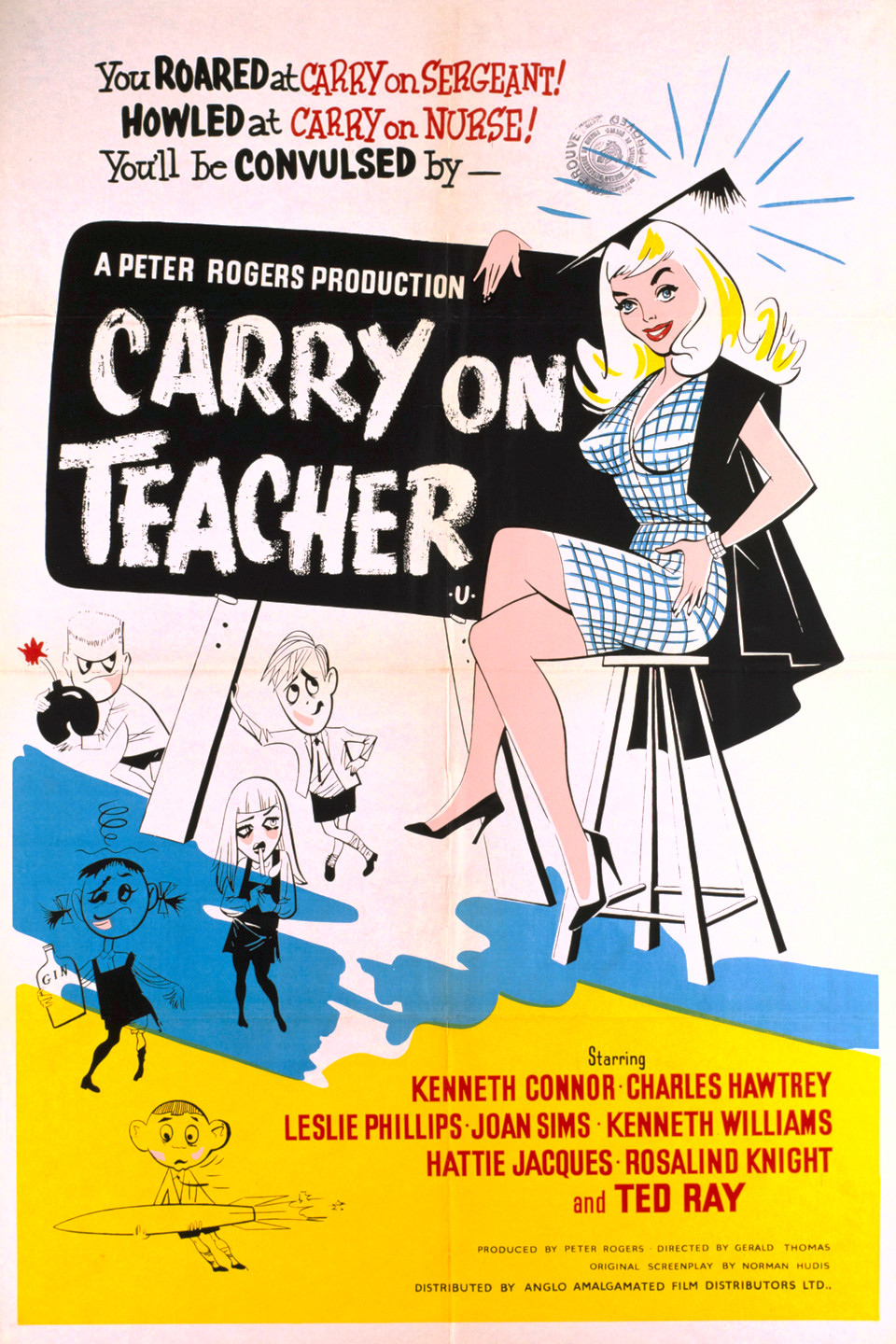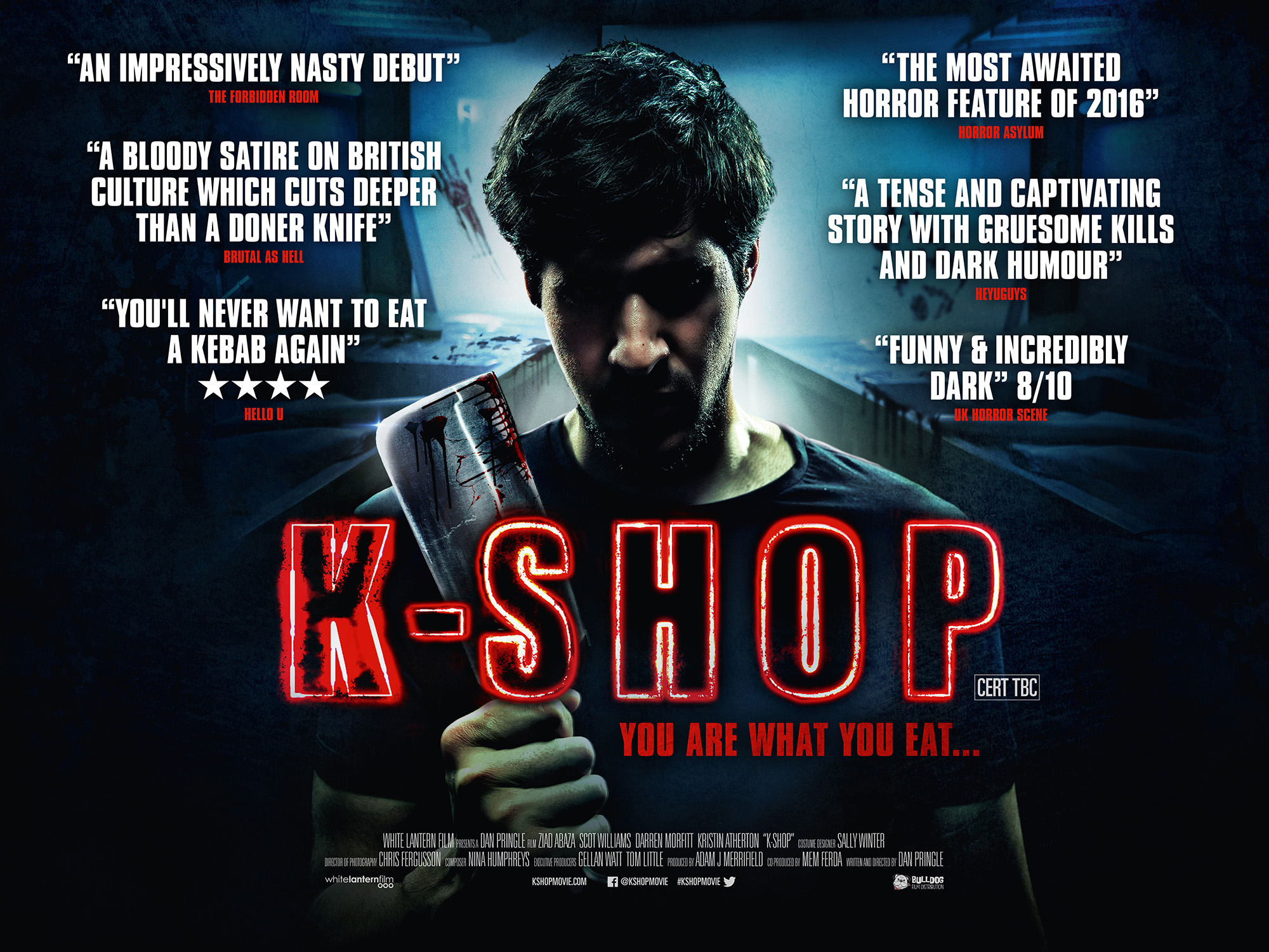Being only the third in the series, Carry On Teacher lacks a few of the elements associated with the films, but we can already see a rough blueprint of how they will develop.
William Wakefield (played by Ted Ray, in his only Carry On
film) is the Headmaster of Maudlin Street Secondary Modern School. His hopes of
getting a job at a shiny new school rest entirely on the results of a visit by
Government Inspector Miss Wheeler, and noted child psychiatrist Alistair Grigg
(Leslie Phillips). However, the pupils don't want Wakefield to leave, and plot
to sabotage the inspection by any means necessary.
Several actors would go on to be Carry On regulars and here
seem to be rehearsing the roles they would play on a more regular basis, with
Kenneth Connor as an affable duffer, Charles Hawtrey as a camp neurotic, and
Joan Sims as Sarah Allcock, the object of male desire. The exception is Kenneth
Williams, playing straight as Edwin Milton, the English teacher, very different
from the leering grotesque persona of the later films. (Look also for a very
young Richard O'Sullivan, of later Man About the House fame)
Being a Carry On film, some of the script revolves around
sex, particularly Grigg chasing after Allcock, and the innuendo in her name
does not go unnoticed. However, this is rather tame and anodyne, lacking the
bawdy energy that the likes of Sid James would bring into later films of the
series.
In fact, the world of Carry On Teacher is an uncomplicated,
sometimes sentimental one, but modern viewers might find one aspect jarring.
Corporal punishment is a recurring theme, particularly the reluctance of
Wakefield to administer it, and is a reminder of a time when British school
children faced the possibility of physical punishment from their teachers.





